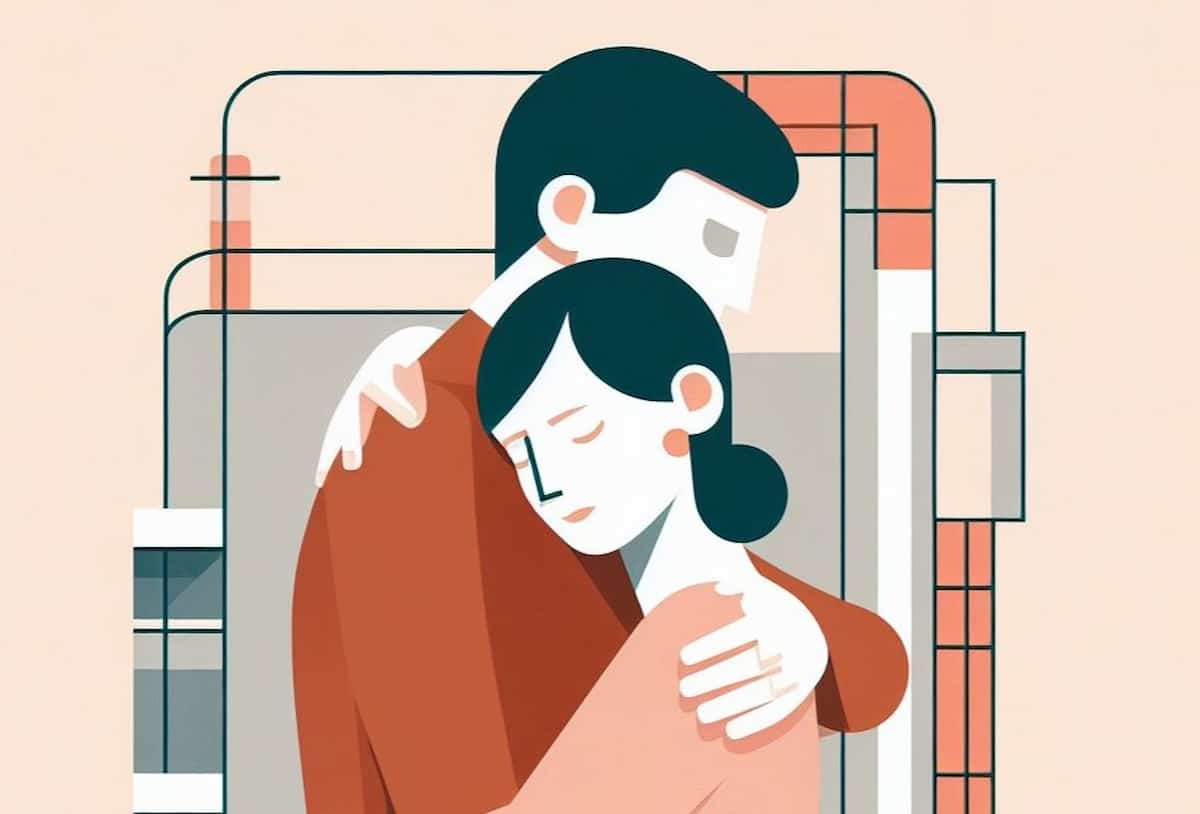Researchers looked at the effect of negative events such as losing a job, the death of a loved one or financial problems.
Negativity is one of the most powerful relationship killers.
Reducing negativity is the key to getting through tough points in a relationships, new research finds.
Small negative gestures in a relationship are much more powerful than positive actions, psychologists have found.
Professor Keith Sanford, who led the study, said:
“When people face stressful life events, they are especially sensitive to negative behavior in their relationships, such as when a partner seems to be argumentative, overly emotional, withdrawn or fails to do something that was expected.
In contrast, they’re less sensitive to positive behavior — such as giving each other comfort.”
Even relatively small amounts of negative behaviour can add up, Professor Sanford said:
“Because people are especially sensitive to negative relationship behavior, a moderate dose may be sufficient to produce a nearly maximum effect on increasing life stress.
After negative behavior reaches a certain saturation point, it appears that stress is only minimally affected by further increases in the dose of relationship problems.”
The researchers studied 325 couples who were married or living with a partner.
They looked at the effect of negative events such as losing a job, the death of a loved one or financial problems.
A second study of 154 people looked at couples where serious illness was causing stress.
All wrote about the positive and negative behaviours their partners had performed.
Both studies found negative behaviours affected the relationship more strongly than positive, however medical issues were linked to lower levels of negative behaviour.
The study’s authors write:
“It is possible that couples facing stressful medical situations are less likely to blame each other.
When people face stressful life events, it’s common to experience both positive and negative behavior in their relationships.
When the goal is to increase feelings of well-being and lessen stress, it may be more important to decrease negative behavior than to increase positive actions.”
The study was published in the Journal of Family Psychology (Rivers & Sandford, 2018).










